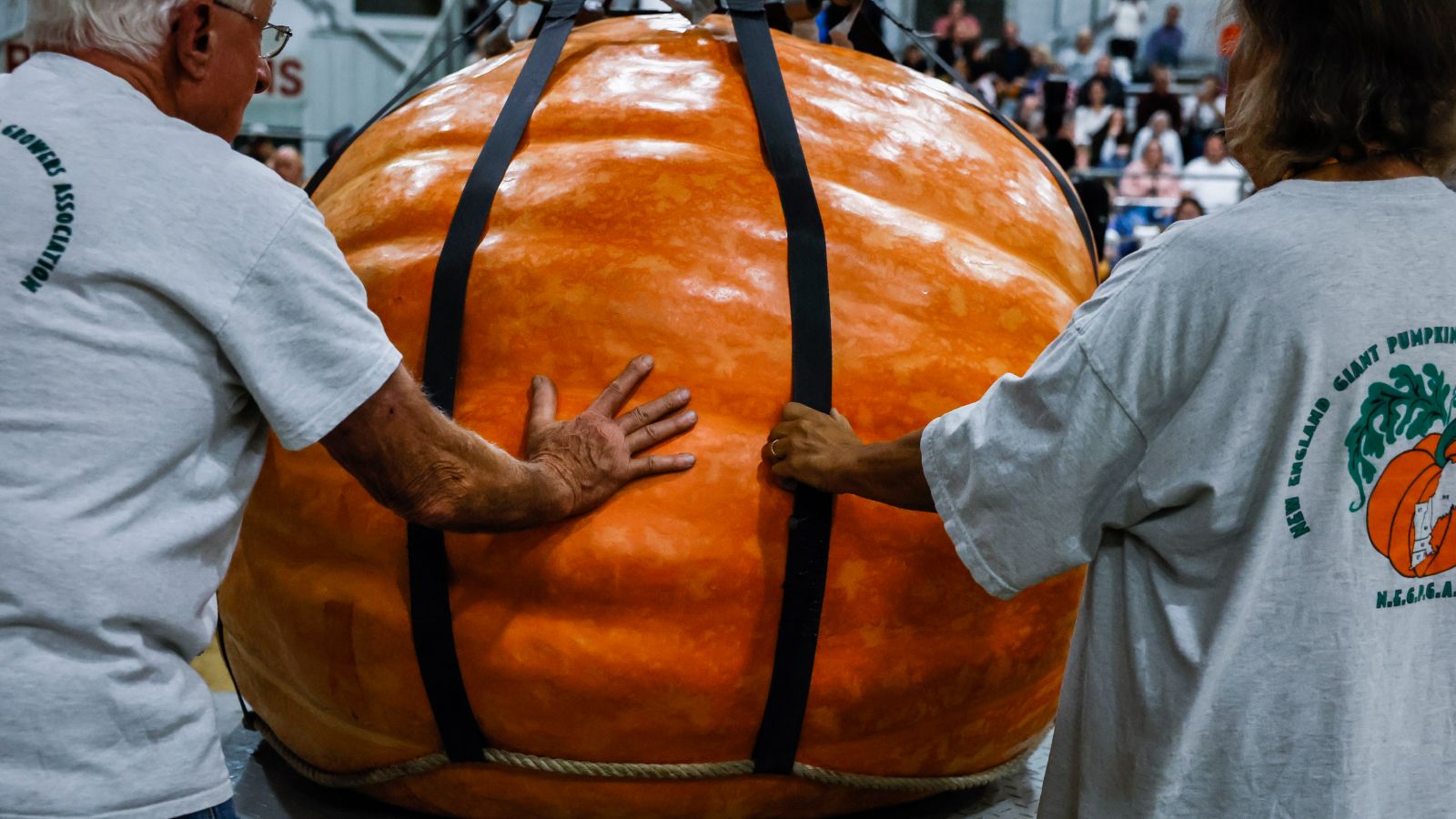Copyright news18

The latest episode of Bigg Boss 19 has unexpectedly shed light on one of Mumbai’s most widely used modes of commute, the city’s iconic local trains. But did you know about the “unsaid rules” that govern them? Well, contestants Pranit More and Malti Chahar were seen discussing the self-imposed rules that help millions of Mumbaikars navigate their daily rides on the city’s lifeline. It all began when Malti Chahar confessed that she didn’t quite understand the difference between the two types of Mumbai locals, the fast and the slow. Pranit More then revealed a lesser-known detail — fast trains are marked with the letter ‘F’ on the indicator. But as the conversation proceeded, he dropped a truth bomb that got everyone’s attention: the “unsaid rule” of Mumbai locals. The Virar-Borivali Controversy Pranit explained how, on Mumbai’s Western Line, passengers travel long distances, especially those going all the way to Virar, follow an unspoken code. According to this “rule,” if you’re on a Virar-bound fast train during the rush hours, you’re not supposed to get down at Borivali. document.createElement('video'); https://images.news18.com/ibnlive/uploads/2025/10/save-2025-10-d54e3da3aa977386a6ce788dc1c1b8dd.mp4 Sounds strange? Well, it’s not an official railway regulation, but a socially enforced norm. Regular long-distance commuters block doors and prevent passengers from getting off at Borivali, claiming those spots are meant for long-haul travelers. A commuter named Mahesh Kamat from Kandivali explained this “unspoken rule” best. He told Free Press Journal, “If you tell the foot-boarders that you boarded by mistake and didn’t know the rule, they’ll shout at you. It can get worse if you argue.” He added that even in slow Virar locals, getting down at Borivali can be a challenge during rush hours. Yes, Virar Trains Stop At Borivali Virar-bound local trains officially stop at Borivali, and passengers are allowed to both board and get off without any restrictions. What The Railways Say Officially, the Indian Railways has no such rule. What happens in practice is a different story. During peak hours, door-blockers, usually daily Virar commuters, form a human barrier at the train doors. They aim to reserve space for themselves, especially after enduring long queues and crowded platforms. As a result, those trying to alight at Borivali often find themselves trapped or shouted at. Why Does This Happen? Mumbai’s locals carry over millions of passengers every day, and with limited space, informal hierarchies naturally emerge. Long-distance travellers often feel entitled to seats and door space, believing that short-distance passengers should take their own trains. This behaviour has given rise to a territorial train culture where commuters develop a sense of ownership over certain compartments, routes or even footboard spots. For Virar locals, it has become an unspoken rule that Borivali passengers should take Borivali-only locals instead. Difference Between Borivali And Virar Local Borivali locals are considered safer and more commuter-friendly for those travelling shorter distances. Passengers are expected to use Borivali locals if the destination is the same, avoiding Virar-bound trains during rush hours to prevent crowd conflicts. In contrast, Virar locals during rush hours witness high resistance from the daily commuters, where only the bravest attempt to get down at intermediate stops like Borivali or Mira Road. Informal Etiquettes Beyond the Virar–Borivali rule, Mumbai locals operate on a set of unwritten etiquette. Some of these include giving door priority to those getting off at the next station, avoiding blocking the exits, and helping the elderly or women while boarding.



